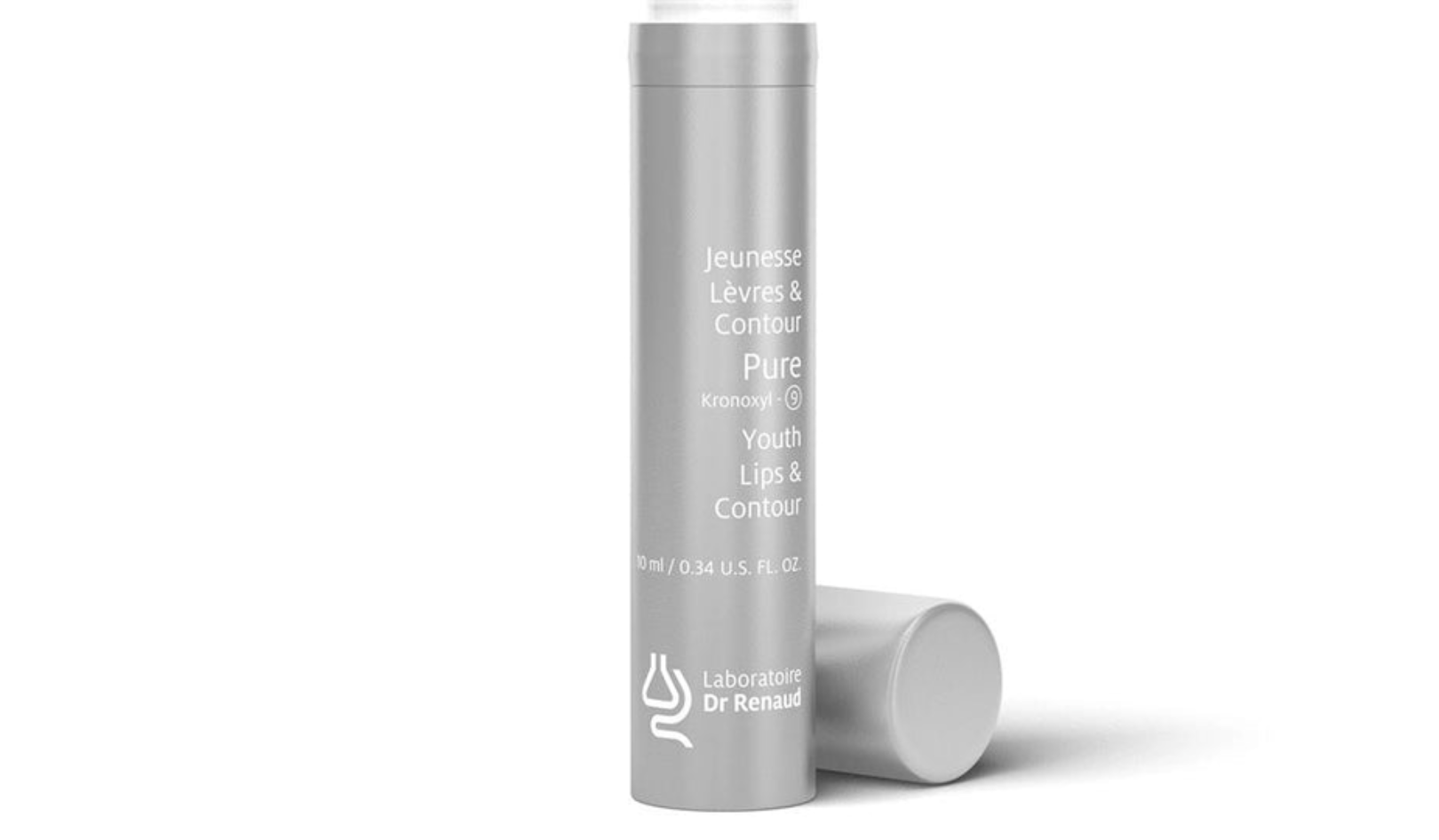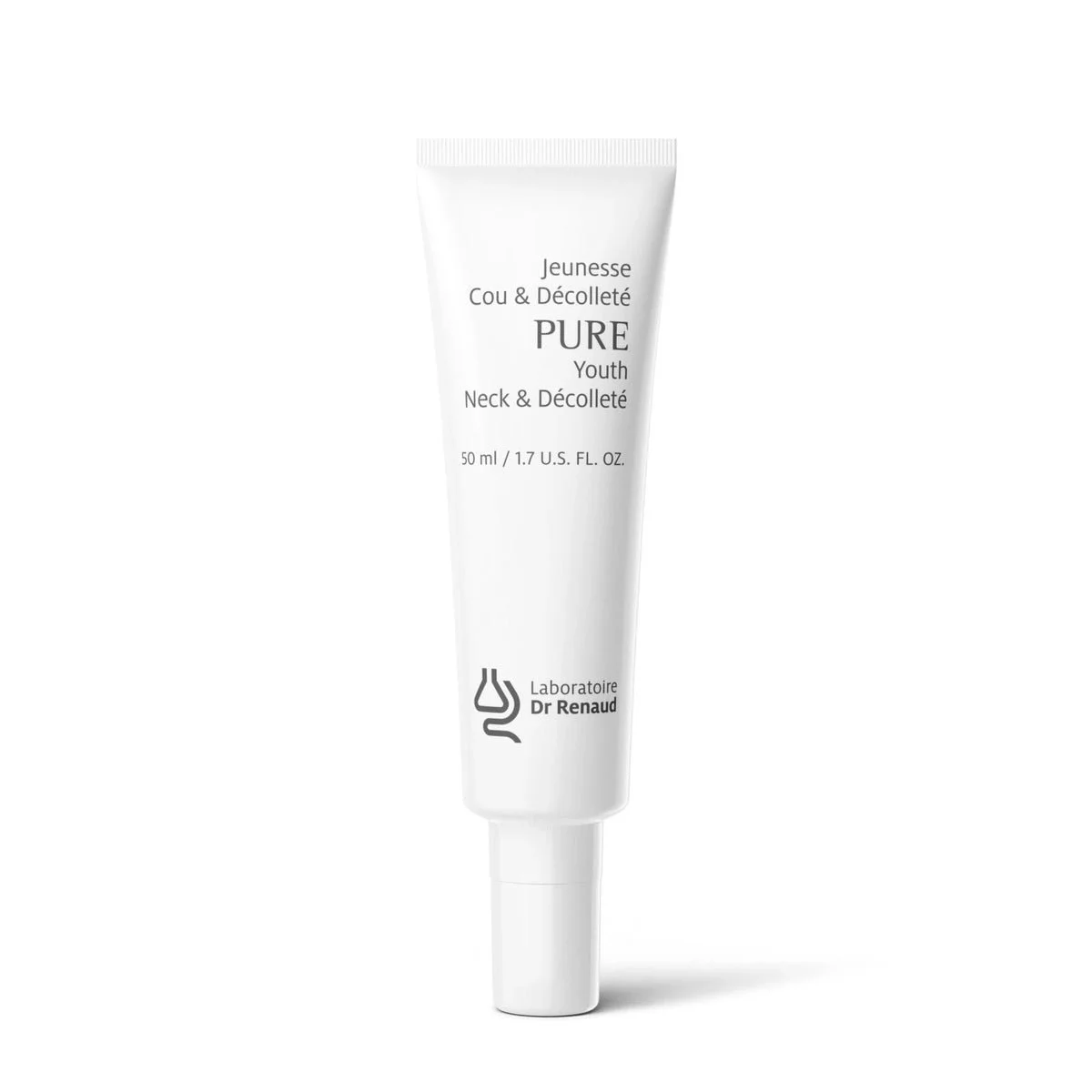Anti-Aging Facial Skincare
As we age, facial skin loses its natural elasticity, collagen production decreases, wrinkles and pigment spots appear, and the skin’s radiance fades. However, modern cosmetology offers many effective products that help slow down these processes, keeping skin firm, smooth, and healthy. Here’s how to properly organize an anti-aging skincare routine and which products deserve your attention.
Aging Skin Changes and Why Anti-Aging Care Matters
After age 25, the skin gradually loses collagen and hyaluronic acid, and cell regeneration slows down. By 30–35, the first wrinkles appear; at 40, there’s a noticeable loss of firmness; at 50, intensive nourishment and support for facial contours are needed. Proper anti-aging care is not just about applying a cream, but a holistic system for restoring, protecting, and stimulating your skin.
Basic Principles of Anti-Aging Skincare
Anti-aging products have their own special features:
Intensive hydration — as skin ages, it becomes drier, so formulas should contain hyaluronic acid, aloe vera, and panthenol.
Collagen and elastin stimulation — retinol, peptides, and vitamin C activate the skin’s natural renewal processes.
Antioxidant protection — vitamins E, coenzyme Q10, and green tea extracts neutralize free radicals that accelerate aging.
Microbiome support — probiotics and prebiotics help maintain skin balance, which becomes more important with age.
Daily Anti-Aging Routine
Anti-aging care should be regular and thoughtfully planned. Here’s a basic routine:
Cleansing: gentle gels or foams with mild surfactants, without harsh acids.
Toning: hydrating toners, alcohol-free.
Serum: concentrated products with retinol, peptides, or vitamin C.
Eye cream: special formulas with caffeine or ceramides to reduce wrinkles and puffiness.
Day cream: lightweight, with SPF protection.
Night cream: nourishing, with anti-aging ingredients.
Masks 2–3 times a week: sheet or cream masks with a lifting effect.
Anti-Aging Ingredients That Really Work
Retinol (Vitamin A): reduces wrinkle depth, evens skin tone, stimulates cell renewal.
Peptides: target deeper skin layers, boost collagen synthesis.
Hyaluronic acid: hydrates, adds volume, relieves tightness.
Niacinamide: brightens pigmentation spots, fights dullness.
Antioxidants: protect against aging caused by UV rays and stress.
Skincare After 30, 40, and 50
After 30:
Start using light anti-aging serums.
Add SPF 30+ daily.
Focus on hydration.
After 40:
Use creams with retinol and peptides.
Night care becomes essential.
Pay attention to facial contours.
After 50:
Your skin needs nourishment and restoration.
Add oils and lipids.
Salon treatments (e.g., mesotherapy or biorevitalization) can be effective additions.
Visiting a Beauty Salon
Cosmetic products are the foundation, but salon treatments can significantly boost results:
Microcurrent therapy — stimulates facial muscles.
RF-lifting — strengthens collagen fibers.
Chemical peels — remove dead cells, stimulate renewal.
Laser procedures — work on deeper skin layers.
Anti-aging care is not about fighting age, but about the art of preserving health, radiance, and the natural beauty of your skin. Carefully chosen products, a consistent routine, and attention to ingredients will help you maintain youth for years to come. There’s no magic cream, but the power of daily ritual is real.
If you want to build an effective skincare routine, consult a cosmetologist or specialist who will help select the best products for your age, skin type, and lifestyle. You can purchase them at an affordable price at LACREMELUXE: https://lacremeluxe.com.


